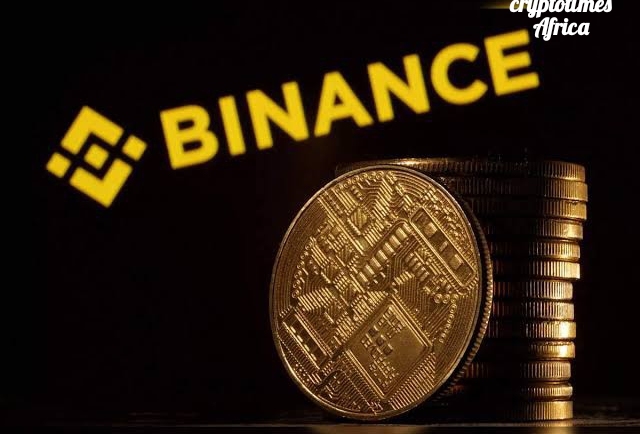
LEGAL | MTI Investors, the Biggest Bitcoin Ponzi Scheme in South Africa, Fight Liquidator’s Requests for Repayment
Investors in Mirror Trading International (MTI) are reportedly refusing calls from liquidators to reimburse any Bitcoin taken out of the Ponzi scam at the current market value, according to reports from South Africa.
Attorney John Lister of Lister & Company claims, in a letter to the Master of the Cape High Court, that he represents approximately 415 investors who are being sued by MTI liquidators for the return of bitcoin that was removed from the scheme, or in the event that this isn’t feasible, the return of the equivalent value in rands, but at today’s prices.
Ben Janse van Vuuren, for example, invested R20,000 in MTI in July 2020 but withdrew his money, which was then worth R21,000, a few months later because he thought he would be a victim of fraud. In this instance, 0.13 bitcoin was at stake. Due to the sharp increase in bitcoin prices since 2020, Van Vuuren would have to pay the liquidators R97 000.
The Cape High Court declared in April 2023 that MTI was an illegal scheme and that whatever contracts the business had with investors were null and void from the start. Cornelius Johannes Steynberg, the scam’s CEO, was also mandated to pay over $3.4 billion in fines and reparations for the Bitcoin fraud scheme by a US judge at the same time.
The scheme is said to have received between 29,421 and 46,000 bitcoins, making it the largest pyramid or Ponzi-like scheme in South African history. It was proclaimed to be by far the biggest scan in 2020 internationally.
There Are Three Types of Investors
In November 2023, a South African court reportedly divided investors into three classes based on their contributions to the fund:
First Class: Contributing investors should have the right to make a claim equal to their initial investment against the MTI estate if they made contributions but did not get any profits. The calculation of this amount at the time of investing should be done in Rands.
Second Class: Any profits received by investors who withdrew less than their initial investment would have to be reported. The amount of their claim against MTI would be reduced by any gains they obtained. Judge Maher ordered that at the time of investment and withdrawal, respectively, returns and investments must be computed in Rands.
Third Class: MTI would not be liable to investors who took out more money than they had originally invested. As an alternative, liquidators might pursue reimbursement for profits earned, which were determined in Rands at the time of receipt.
Class 2 and 3 investors, who claim they are being unfairly penalized, are understandably upset, according to Lawyer Lister. Concerns about equity and justice in treatment are also raised by this situation in light of the constitution.
The Van Vuuren case illustrates the possible negative consequences for MTI investors. Based on a Bitcoin price of R940,000, his 0.13 Bitcoin, which was worth R20,000 in July 2020, is now worth R122,000.
In the event that Bitcoin rises above R3 million, Van Vuuren will have to reimburse R366,000. Van Vuuren’s proposal, however, is to reimburse the R1,000 real profit he made—that is, the difference between the R20,000 he put in and the R21,000 he got in the end.


